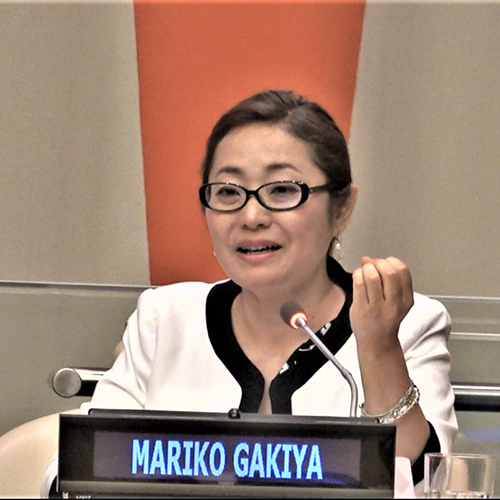
by Admin | Oct 10, 2014 | Uncategorized
Dr. Gakiya’s research aims to advance the understanding and practice of organizational learning and change. She takes an innovative approach to leadership education and social entrepreneurship, putting the focus on human resiliency, well-being, and peacebuilding. She is particularly interested in how the physical and psychosocial environment shapes human development and well being.
Her work is focused on leadership and resilience of vulnerable populations, especially women. She is particularly interested in issues around gender equality, poverty reduction and empowerment, with the goal of creating a healthy ecosystem based on humanistic moral and ethical principles.
Dr. Gakiya serves on the executive boards of several organizations and advises leaders of international development organizations, foundations, think-tanks, higher education institutions, and corporations. She was the Founding Faculty Director of Global Leadership Program for the Graduate School of Medicine at the University of Tokyo. She earned a doctorate degree in administration, planning and social policy in education, Harvard University after her postgraduate work at the University of Oxford.
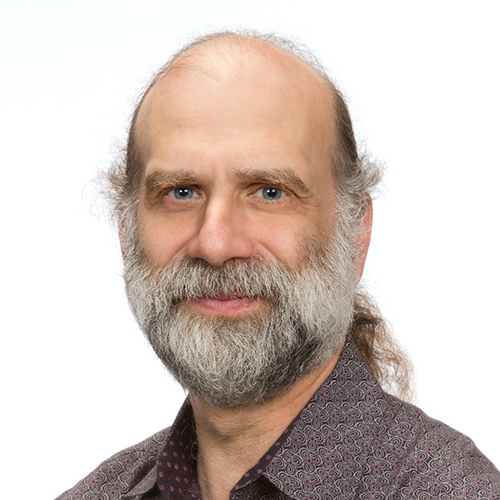
by Admin | Apr 13, 2013 | Board of Thinkers
Fellow, Berkman Center for Internet and Society, Harvard Law School; Chief Technology Officer, Resilient Systems, Inc.
Bruce Schneier is an internationally renowned security technologist, called a “security guru” by The Economist. He is the author of 12 books — including the New York Times best-seller “Data and Goliath: The Hidden Battles to Collect Your Data and Control Your World” — as well as hundreds of articles, essays, and academic papers. His influential newsletter “Crypto-Gram” and blog “Schneier on Security” are read by over 250,000 people. Schneier is a fellow at the Berkman Center for Internet and Society at Harvard University, a board member of the Electronic Frontier Foundation, and an Advisory Board member of the Electronic Privacy Information Center. He is also the Chief Technology Officer of Resilient Systems, Inc. in Alewife. MA.
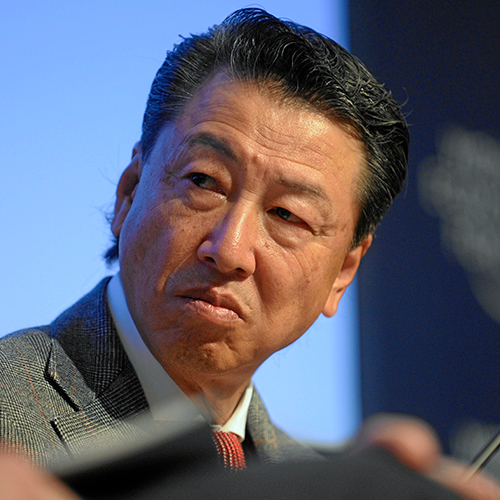
by Admin | Apr 13, 2013 | Board of Thinkers
Hirotaka Takeuchi is a Professor in the Strategy Unit at Harvard Business School, where he currently teaches three second-year elective courses: Knowledge-based Strategy, Japan IXP, and Microeconomics of Competitiveness (which he co-teaches with University Professor Michael Porter). He received a BA from International Christian University in Tokyo, Japan and an MBA and PhD from the University of California, Berkeley. Professor Takeuchi’s first faculty position at Harvard was in the Marketing Unit from 1976 to 1983 as an Assistant Professor and his second as a Visiting Professor teaching the Advanced Management Program in 1995-1996. Starting in 1983, he taught at Hitotsubashi University in Tokyo and served as the Founding Dean of its business school, Graduate School of International Corporate Strategy, from 1998 to 2010. Prior to his academic career, he worked at McCann-Erickson in Tokyo and San Francisco and at McKinsey & Company in Tokyo.
Professor Takeuchi’s research has focused on the knowledge creation process within organizations, the competitiveness of Japanese firms in global industries, and the link between strategy and innovation. He is the author or editor of 17 books, including The Knowledge-Creating Company: How Japanese Companies Create the Dynamics of Innovation co-authored with Ikujiro Nonaka (which won the 1995 Best New Book of the Year Award in the business and management category by the Association of American Publishers), Can Japan Compete? co-authored with Michael Porter, and Extreme Toyota: Radical Contradictions That Drive Success at the World’s Best Manufacturer co-authored with Hitotsubashi professors Emi Osono and Norihiko Shimizu (which won the Best 30 Business Books by Soundview Executive Book Summaries in 2008). His most recent Harvard Business Review article is The Wise Leader (May 2011) with Ikujiro Nonaka.
Professor Takeuchi serves as a member of the board of directors of Integral Corporation, and has served on the board of ORIX Corporation and Trend Micro Inc., all based in Japan. He is also a director of several non-profit organizations, including Japan Society of Boston, Nonaka Institute of Knowledge, and Ark Hills Club. He is and has been a member of the advisory board of Fast Retailing, All Nippon Airways, NTT DoCoMo, Mitsui & Co., Yoshimoto Kogyo, World Economic Forum, Russell Reynolds, Japan Association of Corporate Directors, Japan Sports Association, among others. He has been a member of a number of committees and councils formed by government agencies in Japan, including the Cabinet Office; Ministry of Economy, Trade and Industry; Ministry of Finance; Ministry of Education, Culture, Sports, Science and Technology; and Ministry of Land, Infrastructure and Transport and also a member of the editorial board of Japan Marketing Journal, Journal of Knowledge Management, and Hitotsubashi Business Review.
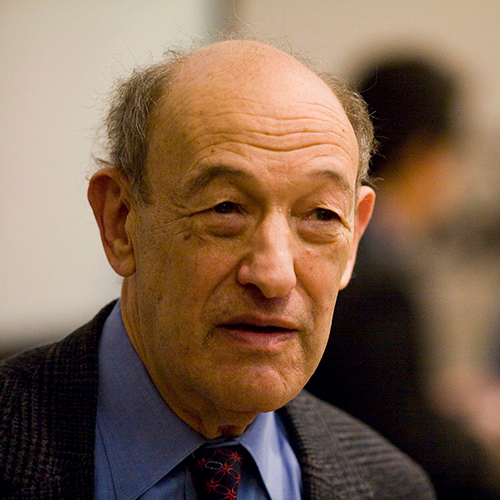
by Admin | Apr 13, 2013 | Board of Thinkers
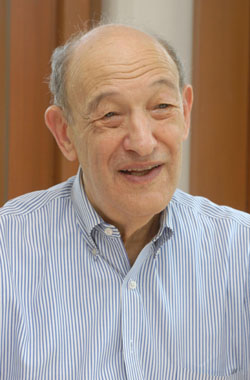
Ezra F. Vogel was the Henry Ford II Professor of the Social Sciences Emeritus at Harvard. After graduating from Ohio Wesleyan in 1950 and serving two years in the U.S. Army, he studied sociology in the Department of Social Relations at Harvard, receiving his Ph.D. in 1958. He then went to Japan for two years to study the Japanese language and conduct research interviews with middle-class families. In 1960-1961 he was assistant professor at Yale Universityand from 1961-1964 a post-doctoral fellow at Harvard, studying Chinese language and history. He remained at Harvard, becoming lecturer in 1964 and, in 1967, professor. He retired from teaching on June 30, 2000.
Vogel succeeded John Fairbank to become the second Director (1972-1977) of Harvard’s East Asian Research Center and Chairman of the Council for East Asian Studies (1977-1980). He was Director of the Program on U.S.-Japan Relations at the Center for International Affairs (1980-1987) and, since 1987, Honorary Director. He was Chairman of the undergraduate concentration in East Asian Studies from its inception in 1972 until 1991. He was Director
of the Fairbank Center (1995-1999) and the first Director of the Asia Center (1997-1999). Vogel was Chairman of the Harvard Committee to Welcome President Jiang Zemin (1998). He has also served as Co-director of the Asia Foundation Task Force on East Asian Policy Recommendations for the New Administration (2001).
Drawing on his original field work in Japan, he wrote Japan’s New Middle Class (1963). A book based on several years of interviewing and reading materials from China, Canton Under Communism (1969), won the Harvard University Press faculty book of the year award. The Japanese edition of his book Japan as Number One: Lessons for America (1979) is the all-time best-seller in Japan of non-fiction by a Western author. In Comeback (1988), he suggested things America might do to respond to the Japanese challenge. He spent eight months in 1987, at the invitation of the Guangdong Provincial Government, studying the economic and social progress of the province since it took the lead in pioneering economic reform in 1978. The results are reported in One Step Ahead in China: Guangdong Under Reform (1989). His Reischauer Lectures were published in The Four Little Dragons: The Spread of Industrialization in East Asia (1991). His most recent publication is Is Japan Still Number One? (2000). He has visited East Asia every summer since 1958 and has spent a total of over six years in Asia.
Vogel has received honorary degrees from Kwansei Gakuin (Japan), the Monterrey Institute, the Universities of Maryland, Massachusetts (Lowell), Wittenberg, Bowling Green, Albion, Ohio Wesleyan, Chinese University (Hong Kong) and Yamaguchi University (Japan). He received The Japan Foundation Prize in 1996 and the Japan Society Prize in 1998. He has lectured frequently in Asia, in both Chinese and Japanese.
From fall 1993 to fall 1995, Vogel took a two-year leave of absence from Harvard to serve as the National Intelligence Officer for East Asia at the National Intelligence Council in Washington. He directed the American Assembly on China in November 1996 and the Joint Chinese-American Assembly between China and the United States in 1998.
Professor Ezra Vogel was Boston Global Forum Board of Thinkers Member from 2014. He passed away December 2020.




